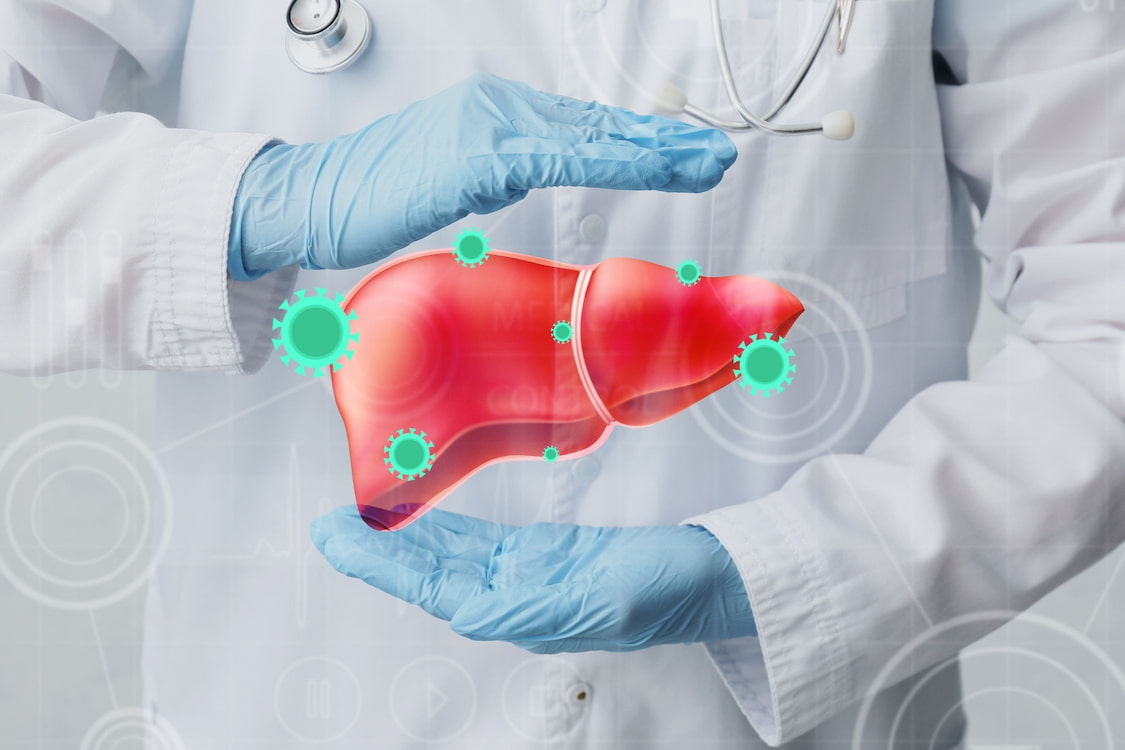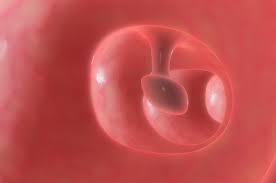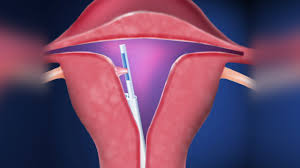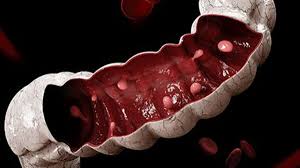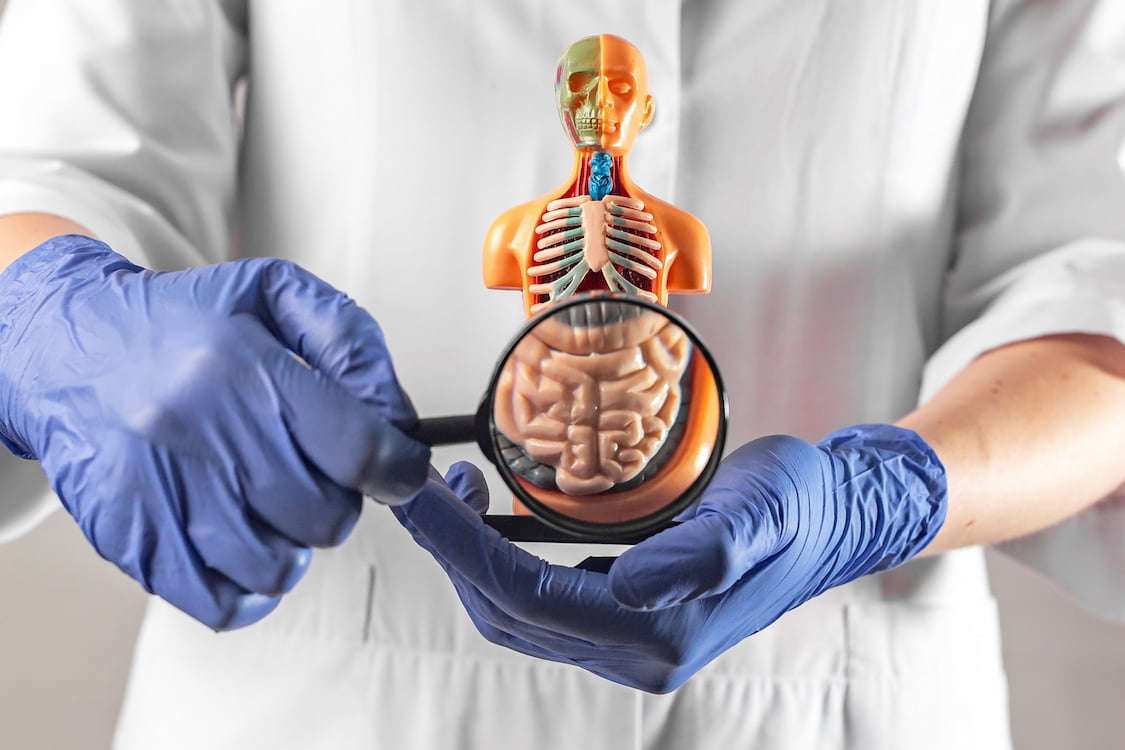
Preparing for a Colonoscopy: How Long to Expect for the Procedure and Recovery
A colonoscopy is a medical procedure that is used to examine the inside of the large intestine (colon) and rectum. It involves inserting a long, flexible tube with a camera and light source on the end (called a colonoscope) into the rectum and slowly advancing it through the colon. This procedure is used to diagnose a range of conditions, including colon cancer, polyps, and inflammatory bowel disease.
If you are scheduled to have a colonoscopy, you may be wondering how long the procedure will take and what the recovery period will be like. In this article, we will explore these questions and provide you with helpful tips to prepare for your colonoscopy.
What Is Colonoscopy?
Colonoscopy is a medical procedure that allows a gastroenterologist to examine the inside of the large intestine (colon) and rectum. This is done using a long, flexible tube with a camera and light source on the end called a colonoscope. The procedure is usually performed to diagnose or monitor conditions such as colon cancer, inflammatory bowel disease, and polyps.
During a colonoscopy, the gastroenterologist can identify any abnormalities, such as growths or inflammation, and remove them for further examination. In addition to diagnosis and treatment, colonoscopy is also used as a screening tool for colon cancer. Regular colonoscopies are recommended for individuals over the age of 50 or for those with a family history of colon cancer to catch any potential issues early on. Overall, colonoscopy is a vital tool for maintaining gastrointestinal health and preventing serious medical conditions.
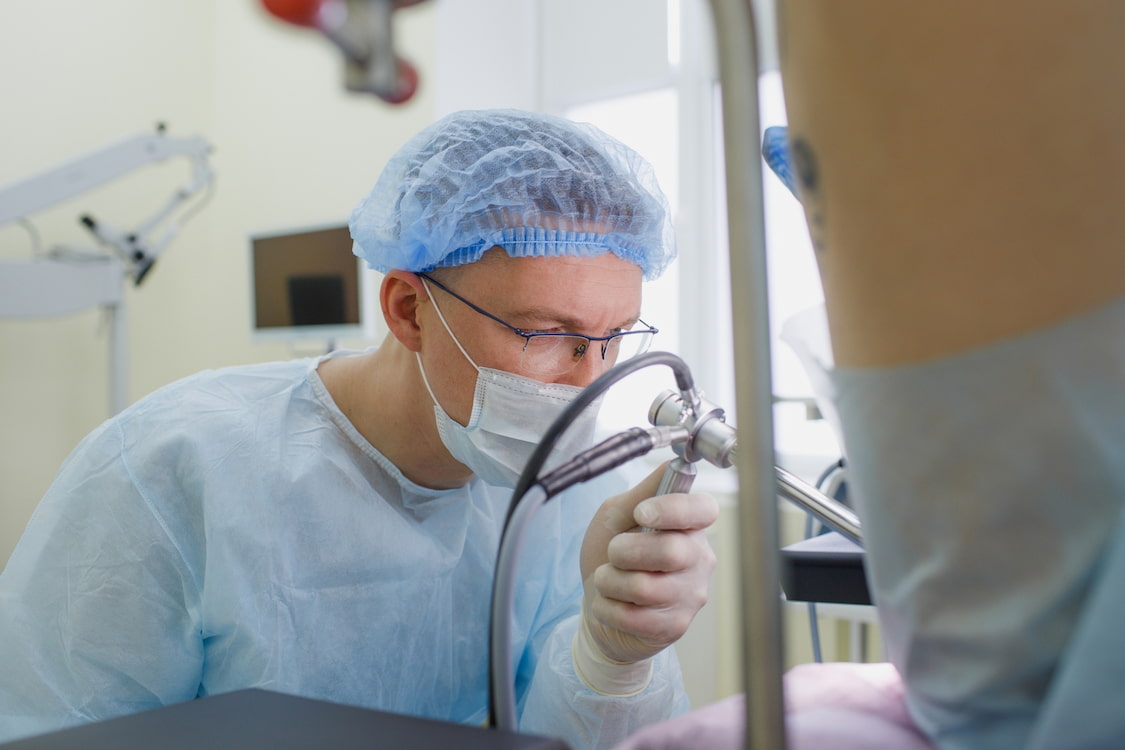
How Long Does a Colonoscopy Take?
The length of a colonoscopy can vary depending on several factors, including the patient's age and medical history, the presence of polyps or other abnormalities, and the experience of the gastroenterologist performing the procedure.
On average, a colonoscopy takes between 30 minutes to an hour to complete. However, this time frame may be extended if polyps are discovered and removed during the procedure. The removal of polyps is necessary because they can develop into cancer over time. The gastroenterologist may take biopsies of any suspicious areas to send to a laboratory for further analysis.
During the colonoscopy, you will be given sedation to help you relax and minimize any discomfort. This can cause drowsiness, so you will need someone to accompany you to the appointment and drive you home afterward.
How Long Does Recovery Take After a Colonoscopy?
After the procedure, you will be monitored in a recovery area until the effects of the sedation wear off. This typically takes about 30 minutes to an hour. During this time, you may experience bloating or gas due to the air that was used to inflate your colon during the procedure. You may also have some cramping or mild discomfort.
It is common to experience some rectal bleeding after a colonoscopy. This is usually minimal and resolves on its own within a few days. You should avoid taking aspirin or nonsteroidal anti-inflammatory drugs (NSAIDs) for a week following the procedure to reduce the risk of bleeding.
Most people are able to resume their normal activities within 24 hours of a colonoscopy. However, you should avoid strenuous exercise or heavy lifting for a few days to give your body time to fully recover.
Preparing for Your Colonoscopy
To ensure the best possible results from your colonoscopy, it is important to properly prepare beforehand. This will involve following a clear liquid diet for a day or two before the procedure and taking a laxative to help cleanse your colon.
Your doctor will provide you with specific instructions to follow. It is essential that you follow these instructions closely to ensure that your colon is adequately cleansed. If your colon is not clean enough, the gastroenterologist may not be able to perform the procedure, and you may need to reschedule.
You will also need to arrange for someone to accompany you to the appointment and drive you home afterward. You should wear comfortable, loose-fitting clothing and avoid wearing any jewelry or other accessories.
After Colonoscopy
After a colonoscopy, patients are typically monitored for a short period of time to ensure there are no complications from the procedure. It is normal to experience some cramping or bloating immediately following the colonoscopy. Additionally, patients may feel groggy or drowsy due to the sedative medication used during the procedure.
It is important to follow your healthcare provider's instructions carefully following a colonoscopy. They may recommend a special diet or provide specific instructions for medication use. It is also important to stay hydrated and get plenty of rest. Most patients are able to resume normal activities the day after the procedure, but it is important to avoid strenuous activity or heavy lifting for at least 24 hours. In rare cases, patients may experience complications such as bleeding or infection. If you experience severe abdominal pain, fever, or rectal bleeding, contact your healthcare provider immediately.
Healthy Türkiye Notes
In conclusion, a colonoscopy is an important procedure for detecting and preventing colon cancer and other conditions. The length of the procedure can vary, but it typically takes between 30 minutes to an hour to complete. Recovery time is usually brief, and most people can resume their normal activities within 24 hours. Proper preparation is key to a successful colonoscopy, so be sure to follow your doctor's instructions closely. By doing so, you can help ensure the best possible outcome and protect your health for years to come.
If you have any concerns or questions about your upcoming colonoscopy, do not hesitate to speak with your healthcare provider. They can provide you with more information about what to expect and help alleviate any anxieties you may have.
Remember, a colonoscopy is a vital tool for preventing and detecting colon cancer. By following the recommended guidelines for screening, you can take an active role in protecting your health and reducing your risk of developing this deadly disease.
In addition to screening, you can also reduce your risk of colon cancer by maintaining a healthy lifestyle. This includes eating a diet rich in fruits, vegetables, and whole grains, exercising regularly, not smoking, and limiting alcohol consumption.
By taking steps to protect your health and undergoing regular colonoscopies, you can help ensure a long and healthy life. So if you are due for a screening, don't hesitate to schedule an appointment today. It could save your life.
